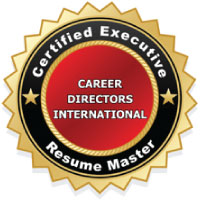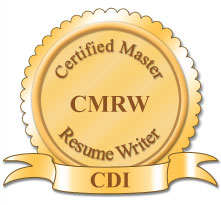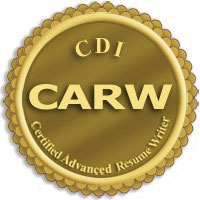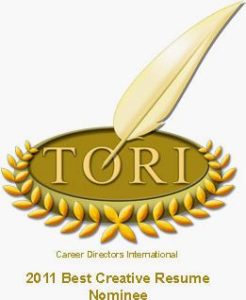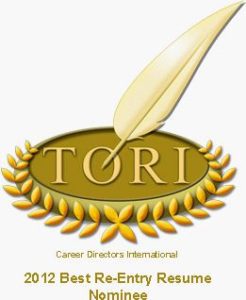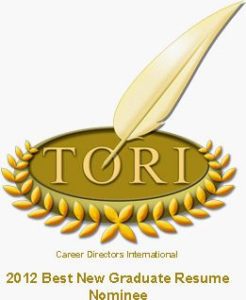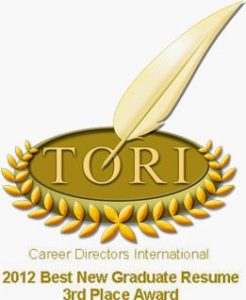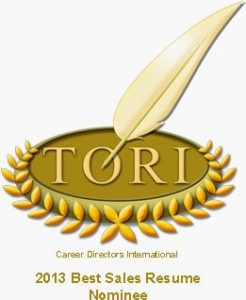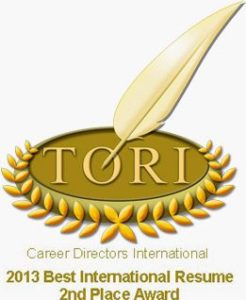 When I get interviewed or just talk to people about LinkedIn, one question I often get is, “Does everyone need a LinkedIn profile? Are there some professions where you don’t need one?”
When I get interviewed or just talk to people about LinkedIn, one question I often get is, “Does everyone need a LinkedIn profile? Are there some professions where you don’t need one?”
I typically respond that there are some job titles where having a LinkedIn profile is not essential for a job search. Nursery school teachers and plumbers might not find their jobs through LinkedIn, nor, probably, will nurses or doctors—at least not right now. And I still recommend that people have a profile.
Why?
For one thing, the professional world is constantly changing. Seven years ago, I was telling lawyers that LinkedIn was not the most important place for them to be for their job search. Lawyers are notoriously slow to catch on to emerging technology (most firms insisted on using the dinosaur WordPerfect for years after everyone else had switched to Word). But now most attorneys I encounter find value in LinkedIn, both in the realm of job search and for networking purposes.
Why Yoga Teachers Need LinkedIn Profiles
One profession that might not be an obvious choice for LinkedIn success is “yoga instructor.” But LinkedIn posted a blog on March 7 about Rebecca Mayne, a woman who built a thriving yoga business using … yep, you guessed it … LinkedIn.
Rebecca did something many yoga teachers fail to do: she created a LinkedIn profile. Soon she discovered that yoga studio owners were looking on LinkedIn for teachers. They hired her! She then built her network by connecting on LinkedIn with her students, which led to a private session at someone’s workplace, followed by classes for the organization’s employees.
Not only has Rebecca’s corporate yoga business exploded, but she is now training new teachers to do what she does. She was able to do all that because of LinkedIn. And I’m willing to bet that when a corporation is interested in hiring her, the first thing they do is look at her LinkedIn profile.
What About Other Professions?
A March 9 article from Wellesley College’s newsletter explored this issue as well. Overall, Wellesley students reported that they found the LinkedIn alumni group to be very useful in their networking efforts. One public health student, Sophie Gilbert, reported meeting with 10 alumnae for coffee, which gave her huge value as she was learning about her field. She also regularly reaches out to Wellesley alumnae in organizations that interest her—a practice that could very well lead to a job after graduation.
Says Sophie, “LinkedIn can be quite helpful for public health even though there is no specific group for it. You can search for degrees like [Master’s in Public Health] or keywords that have to do with public health and find tons of alumnae who are working in this very broad field. Other than speaking with professors at Wellesley, LinkedIn is all there is for networking in public health.”
Sophie Kerwin, in contrast, is a student curatorial research assistant interested in pursuing a Ph.D. in Art History, leading to a career in academic or curatorial work. She has not found LinkedIn to be valuable in pursuing an academic career in art history. Still, she has found it useful as a way to track the career paths of other academics and curators. She has followed a best practice of modeling her profile after theirs, a strategy I recommend highly.
“More people from the museum world are utilizing professional networking sites, but few people from the academic world utilize them,” she said. “Most of the networking I’ve done in both fields has been in person [or] through connections I’ve made at Wellesley either in the Art Department or at the Davis Museum.”
I agree, based on my experience, that the academic and art worlds have not embraced LinkedIn as fully as have some other professions. But that doesn’t mean they won’t, perhaps even within the next year.
Why LinkedIn Can Be for Everyone
For everyone, regardless of profession, LinkedIn can be a place to learn, network and explore. There are groups for almost every profession, and if there’s not a group for yours then you can start one. I’ll bet that “if you build it, they will come.”
As the Wellesley article stated, “… the site cannot replace other means of networking such as developing in-person connections or creating accounts with career-specific websites.” But that doesn’t mean you should not create a profile and milk it for all it’s worth.


